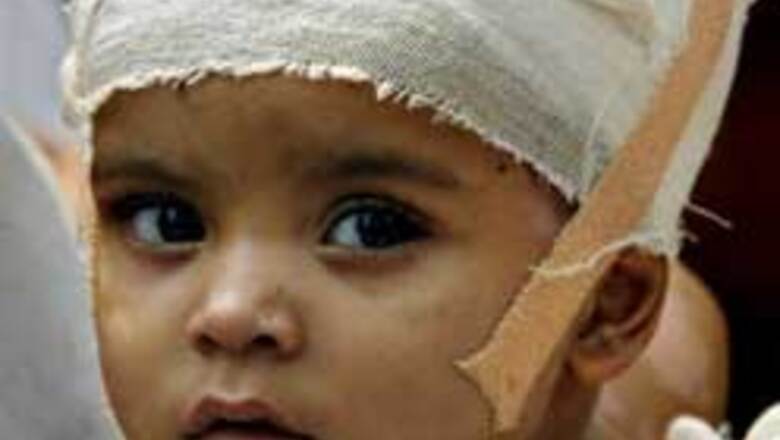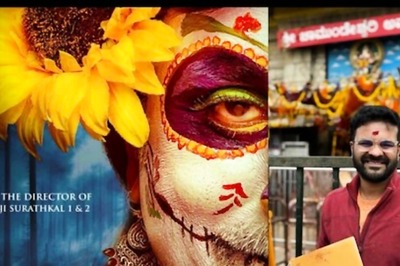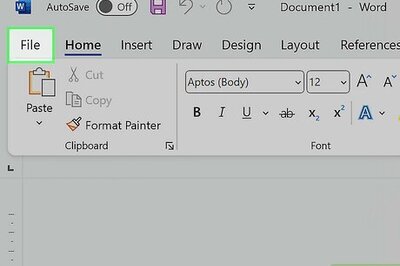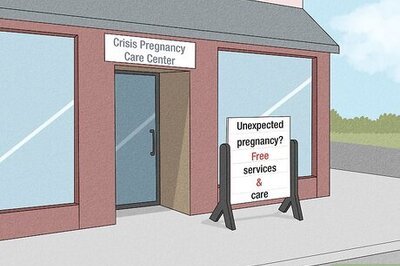
views
New Delhi: Patients in hospitals across India went without treatment on Monday and Tuesday as services were disrupted by the nationwide medical protest by doctors and medical students against the proposed government plan to raise college quotas for the disadvantaged.
Hundreds of ill patients across the country were left to fend for themselves in the searing summer heat.
Some lay drained on stretchers while relatives scuffled with agitating doctors.
In the Capital, a woman with a knife wound could not get a blood transfusion done even as her desperate son tried to get help.
"God created us equal, don't categorise us," read a banner put up by mainly upper caste interns in the capital. Passions over the latest quota move were further stoked after TV showed police beating protesting medical students with canes in the financial hub of Mumbai on Saturday, provoking senior doctors at private and state-run hospitals to join the campaign.
"I was very upset and shocked at the police action," said Delhi surgeon Ajit Mann Singh. "This strike is totally justified." In Mumbai, over 1,000 medical students and interns, shouting slogans like "Down with the police" assembled in a public ground to protest the police cane charge. Demonstrations were also reported in cities in northern and central India where medical students boycotted classes.
But in Lucknow, hundreds of OBC students took a rally to support the reservation move. Health minister Anbumani Ramadoss lashed out at the protesting doctors. "They can't say one fine day they are not joining duty, here lives are being affected," he said.
But those opposed to the move slammed the government for a "divide and rule" policy.
PAGE_BREAK
"The government is hell-bent on balkanising the country (over caste)," Sanjeev Chhiber, a consultant surgeon, said at a rally attended by dozens of doctors and medical students in New Delhi.
Supporters of quotas say the government move is necessary as lower castes - who have traditionally had fewer opportunities for quality education - need the state's help to enter top educational institutions.
They say the admission process for medical, management and engineering institutions favour the more advantaged upper castes.
"The disadvantaged groups do not have the advantage of learning English at an early age or access to expensive coaching centres," said Kancha Ilaiah, a pro-reservation activist.
But critics say the move will cut the number of places in top institutions for students competing on merit, and ultimately affect the quality of education and professional services.

















Comments
0 comment